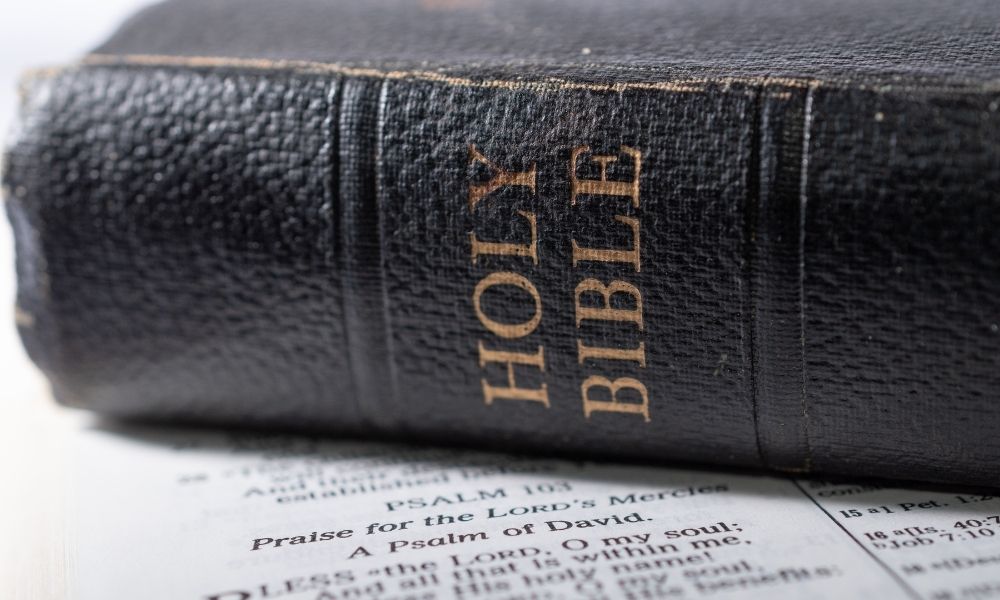Common Myths About the King James Bible

The King James Bible has developed an estimable legend across more than four centuries. But as anyone knows, legends aren’t always true. Read ahead as we debunk a few common myths about the King James Bible.
“The King James Version is the one true Bible.”
At the KJV Store, we’re admittedly and unabashedly partial to the King James Version when it comes to translations of the Bible. Don’t mistake our preference for its exclusivity. The King James Version is the result of hard work and dedication, not something that was handed down, fully completed, from above. Remember that the King James Version, while the first Bible to gain popularity in the English language, is far from the first time people wrote the stories down.
“The King James Version is a literal translation.”
“Literal translations” are virtually impossible in any text, owing to the idioms and unique mechanics of different languages. In the case of the Bible, scholars translated from Hebrew and Greek, two languages that are very difficult to adapt to English. While Greek is a distant cousin of English in the vast Indo-European family of languages, Hebrew, a Semitic language whose closest relatives are Arabic and Aramaic, is quite different in structure from both English and Greek, which makes it particularly unsuited to a faithful word-for-word translation. Divinity students will typically learn Hebrew and Greek themselves in order to read KJV source texts. While translators did their best to remain faithful to the original texts, it’s the creativity they displayed in coining phrases of their own that has made the King James Version an enduring work with a lasting impression on the modern English language.
“The King James Version has never been updated.”
While the King James Version is, by many accounts, the most beautiful and classic edition of the Bible, even the minds behind the KJV didn’t get it 100 percent right the first time. Printing errors and small mistranslations led to minor revisions of the King James Version over the years. One such early error was a run of prints with the critical omission of the word “not” in the commandment “thou shalt not commit adultery.” It’d be hard to pick up this early “Wicked Bible” and believe it was inerrant. Only in recent years have we declared the 1611 edition of the KJV Bible to be completely off-limits to any changes large or small.
“William Shakespeare wrote the King James Bible.”
One of the more fanciful of the common myths about the King James Bible is that the Bard himself was on the committee that translated the Bible to English. While the KJV was published during Shakespeare’s lifetime, and both the KJV and the collected works of Shakespeare are both enormous influences on the English language and literature, Shakespeare was not among the theologians who had this enormous task. Nevertheless, any good library should feature both the works of Shakespeare and the King James Bible.
